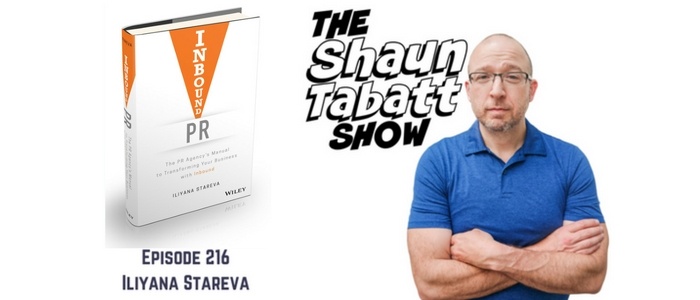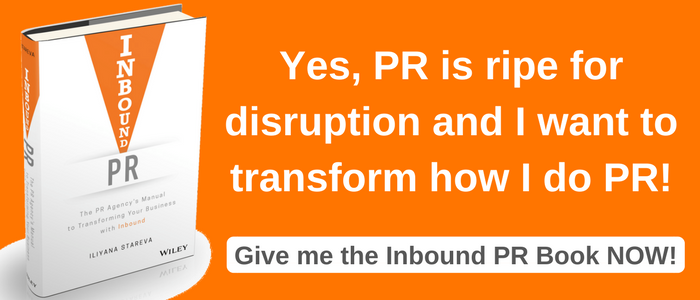Disclaimer: This blog post is not legal advice to use to comply with the EU's GDPR. It just provides some useful information but you should seek legal counsel to ensure you comply with the GDPR.
The GDPR or EU's new general data protection regulation is coming into effect on 25 May.
Lots of companies and individuals have been scared of it over the last year since it was announced.
Instead, people should be excited because the GDPR is fair towards how people really want to be communicated with, by whom, about what and how often.
GDPR is full on inbound.
It states that companies must be transparent and fair with how they collect, process and use personal data. Though it’s a European law, it affects any marketer that gathers data on a global basis.
This basically means that people need to first give you consent that you can collect and use their data to communicate with them and only for specific reasons.
And that's exactly inbound because inbound pulls people into your business where they willingly share their information with you in exchange for content value vs. outbound where you get lists of contacts who've never heard of you before or have never been attracted to your content (nor agreed to receive it) and blast them emails out. That's now illegal!











